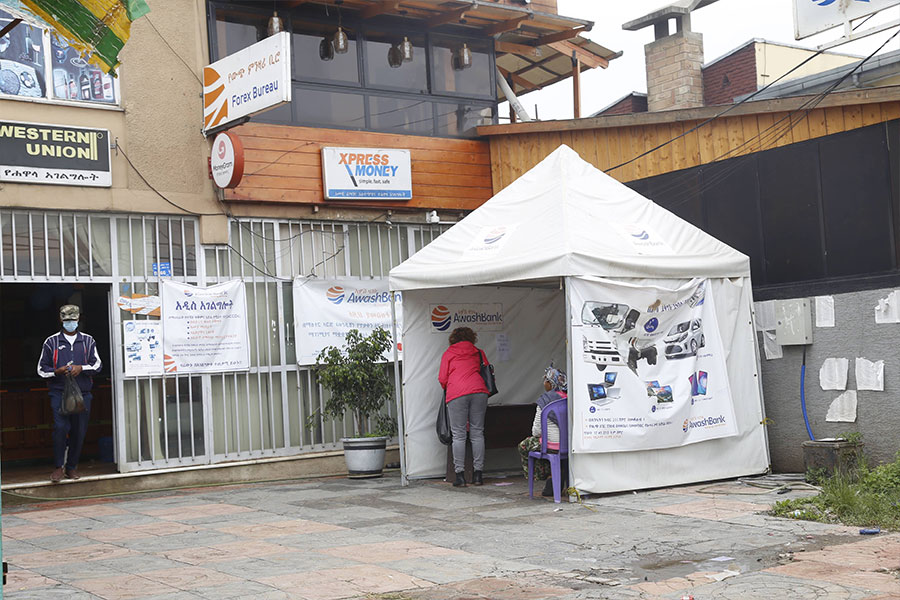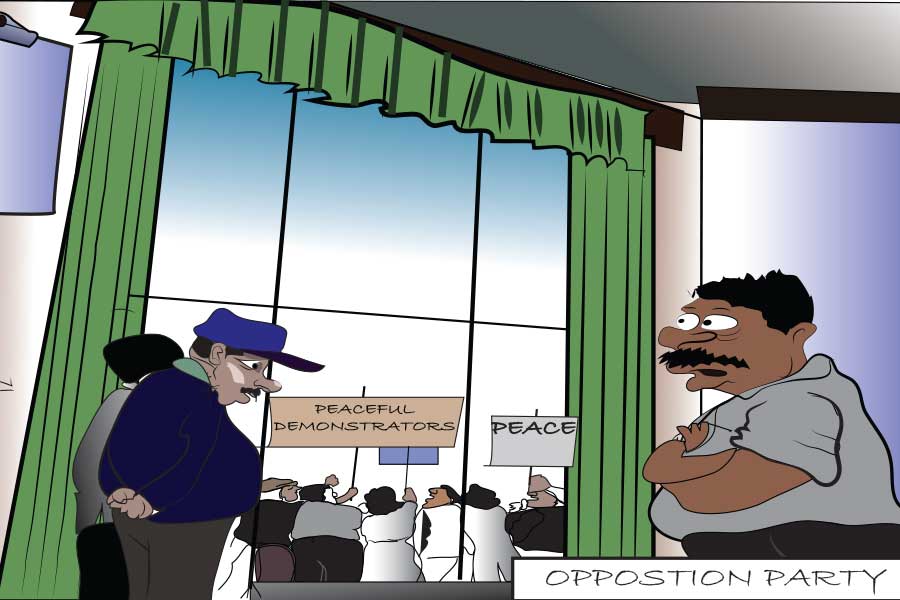
Oct 8 , 2022
Suppose they start the very first day with an orientation to foster a positive and safe attitude toward company goals. In that case, it is nothing but extending kindergarten's essence to our adult life.
Bakers in ancient times were subject to severe penalties for short weighting their customers. The English Parliament passed a law in the 13th century that subjected the bakers to strict regulations regarding bread weight. Since it was challenging to make loaves of a uniform weight at the time, bakers customarily added the thirteenth loaf, the 'in-bread' or 'vantage loaf', to each shipment of a dozen they sent to a retailer, guaranteeing that there would be no cheating. This led to the expression baker's dozen for 13. The essence of kindergartens should pass to adults with that of the bakers' strict regulations as well.
Last week, I tagged along for a walk and coffee with a friend as I thought it would be an excellent alternative to continue our piled-up online chats.
Instead, the conversation became a tribute to the pre-internet era, sharing memories of the early days and citing common social media platforms, especially among professionals. We were emotional, concluding that it is worth making a trade-off to bring back the good old day outlets of information with that of today's personality, vibe, and image-dominated hoax-laced ambience.
During our discussion, I raised about the 19th century Friedrich Froebel, a once forester, German schoolmaster who dedicated his life to kindergartens and training teachers for them. Yet, he put his ideas into practice facing broad disapproval. His schools stressed his pleasant surroundings, the importance of playing, studying nature, and family. As I continued with his views, influenced by an unhappy childhood at home and in school, I touched on a highly reticent issue between my friend and I.
It is an experience we both had with a "leader" of a company decades ago, who had convinced himself with a "leadership" principle that we later could relate to as a blend of the Dilbert and Peter principles. Peter emphasises on "percussive sublimation", the act of kicking a person upstairs to get them out of the way of productive employees. He assumes that hierarchy serves as a means for removing the incompetent to "higher" positions where they will be unable to cause damage to the workflow, assuming that the upper echelons of an organization have little relevance to its actual production and that the majority of honest, productive work in a company is done by people lower in the power ladder. Dilbert emphasises that the promoted individuals were not particularly good at any job they previously held, so placing them in a supervisory position is a way to quietly remove them from the workforce without actually firing them rather than a reward for meritorious service.
It was a style played as a musical instrument with talks in a high-flown and grandiloquent manner about how middle and top management were subject to scathing satires about their irrelevance. Non-alignment to company goals and stifling initiatives were their mark, a growth mindset environment not subjected to the law of leader reproduction. Policies and procedures taught as spelt to the last coma, never needing updating evolving realities, all ended up with reflections on the company's bottom line, turning it into history.
Today, teaching children to follow their instincts by stimulating and creating their interests is an accepted view in the education sector. In the same manner, a company must have an efficient, consistent and competitive selection process when hiring, placing workers in positions based on their qualifications and skills, and evaluating and rewarding them based on the quality of work and contributions they make. Suppose they start the very first day with an orientation to foster a positive and safe attitude toward company goals. In that case, it is nothing but extending kindergarten's essence to our adult life. They will look forward to worker prospects to a family whose incompetence is the company's to be addressed with a growth mindset, never giving in to professional path detractors.
It is as Benjamin Franklin, statesman and inventor, once said. "Tell me and I forget, teach me and I may remember, involve me and I learn." In the workplace, too, there needs to be flexibility and space to learn, make mistakes and reflect on, the same things children need to learn in schools.
PUBLISHED ON
Oct 08,2022 [ VOL
23 , NO
1171]


Viewpoints | Jun 07,2025

Fortune News | Jan 29,2022

Fortune News | Oct 27,2024

Covid-19 | Apr 04,2020

Fortune News | Aug 01,2020

Fortune News | Feb 03,2024

Agenda | Jul 18,2021

Featured | Jan 11,2020

Editorial | Sep 28,2019

Life Matters | Jan 03,2021

Dec 22 , 2024 . By TIZITA SHEWAFERAW
Charged with transforming colossal state-owned enterprises into modern and competitiv...

Aug 18 , 2024 . By AKSAH ITALO
Although predictable Yonas Zerihun's job in the ride-hailing service is not immune to...

Jul 28 , 2024 . By TIZITA SHEWAFERAW
Unhabitual, perhaps too many, Samuel Gebreyohannes, 38, used to occasionally enjoy a couple of beers at breakfast. However, he recently swit...

Jul 13 , 2024 . By AKSAH ITALO
Investors who rely on tractors, trucks, and field vehicles for commuting, transporting commodities, and f...

Oct 25 , 2025
The regulatory machinery is on overdrive. In only two years, no fewer than 35 new pro...

Oct 18 , 2025
The political establishment, notably the ruling party and its top brass, has become p...

Oct 11 , 2025
Ladislas Farago, a roving Associated Press (AP) correspondent, arrived in Ethiopia in...

Oct 4 , 2025
Eyob Tekalegn (PhD) had been in the Governor's chair for only weeks when, on Septembe...